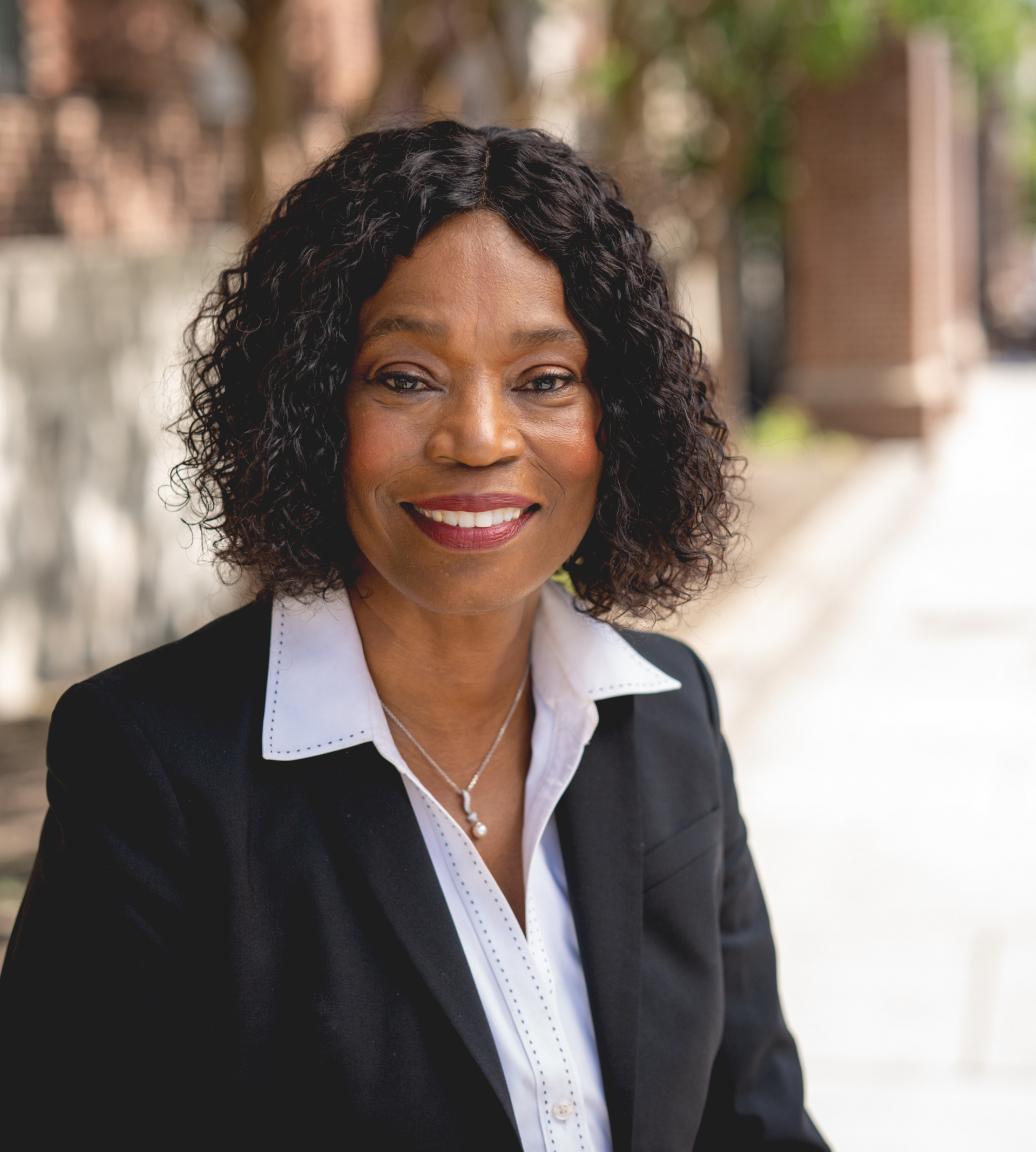- Center on Health Equity & Access
- Clinical
- Health Care Cost
- Health Care Delivery
- Insurance
- Policy
- Technology
- Value-Based Care
Dr Anita Allen Discusses the Current Regulatory Landscape on Abortions
Anita Allen, PhD, professor of law and philosophy, University of Pennsylvania, discusses the impact of abortion regulations in different parts of the world on women's reproductive access and rights, as well as the repercussions of the Dobbs decision that overturned Roe v Wade.
Since the overturn of Roe v Wade by the US Supreme Court, women no longer are guaranteed a constitutional right to abortion. Despite global trends that aim to ensure reproductive rights, the United States seems to be heading in the opposite direction, according to many advocates for women’s health.

In her presentation at the American Society for Reproductive Medicine (ASRM) 2023 Scientific Congress & Expo, Anita Allen, PhD, professor of law and philosophy at the University of Pennsylvania, breaks down how abortion regulations are impacting women globally and offers insight into how to protect a woman's right to safe abortion.
AJMC: What are the different models of abortion regulation you discussed in your presentation and how do these models impact women's access to safe abortions? Do you see any global trends in the adoption of these models?
Allen: The models of national abortion regulation I have developed in my work are the model of privacy, exemplfied by Canada; the model of permission, exemplified by Germany; the model of prohibition exemplified by El Salvador; and the model of prescription, exemplified by China (under the old 1-child policy). The global trend is toward liberalization— more privacy choices and generous grounds of permission. The United States is bucking the trend by taking a step backward toward illiberal policies that give would-be patients less autonomy.
AJMC: What are the potential consequences of the Dobbs decision and the new regulatory landscape in the United States for women's reproductive rights and health care?
Allen: The consequences of the Dobbs decision overturning Roe v Wade include confusing legal disarray, health, and social risks for women without access to legal abortion and their families, as well as gender inequality, impairing women’s equal citizenship. Dobbs presents ethical and practical quandaries for health care providers, whether they wish to comply with the fuzzy and dangerous law or defy it and face severe criminal and professional penalties.
AJMC: Regarding constitutional resilience, what strategies or legal avenues do you believe could be pursued to recover what has been lost in terms of women's access to safe abortions, especially in the current legal and political climate?
Allen: It took 50 years to overturn Roe, which struck a sound ethical balance, and it could take 50 years to restore all its protections. I am hopeful that much sooner political changes will restore and maintain protections. Polling data reveal abortion rights are supported by most Americans. How Americans vote could make a big difference. The Supreme Court disappointed many with Dobbs. In my lecture, I explain that the 5 main arguments the court gave for overturning Roe are far from definitive interpretations of the constitution. The court will likely have an opportunity soon to protect access to medication abortion (via mifepristone)—now the most common form of abortion—in a case concerning efforts that began in Texas with the Alliance for Hippocratic Medicine v FDA, to limit access to medication abortion.
AJMC: Regarding constitutional resilience, what strategies or legal avenues do you believe could be pursued to recover what has been lost in terms of women's access to safe abortions, especially in the current legal and political climate?
Allen: The Alliance [for Hippocratic Medicine] argues that the FDA failed to appropriately consider possible harms when it approved use of the drug decades ago and that doctors with moral and religious opposition to abortion should not be required to treat patients even rarely harmed by mifepristone assisted abortion drugs prescribed by others. It would be extraordinary for the court to allow private citizens to challenge the authority of the FDA on such grounds. It would set a dangerous precedent for other drugs of which individual physicians may personally disapprove.
AJMC: Your presentation discusses the ethical and public health concerns related to diminished access to medically safe abortions, particularly the impact on low-income communities and communities of color. Can you provide some examples or data that illustrate these disparities and their implications, and do you see any potential policy solutions to address these issues?
Allen: Data gathered by the Guttmacher Institute researchers and others establish that Black and Hispanic women have more unintended pregnancies than White women, despite having similar family goals. Women of color are disproportionately represented among the hundreds of thousands obtaining abortion. Black and Hispanic women are economically less well off than White women as a whole and the economic impact of unintended pregnancy can be grave. Black and Hispanic women understand that placing their babies for adoption is not a realistic option. The options the Dobbs case delivers to poor women of color are unhealthy and unfair.
